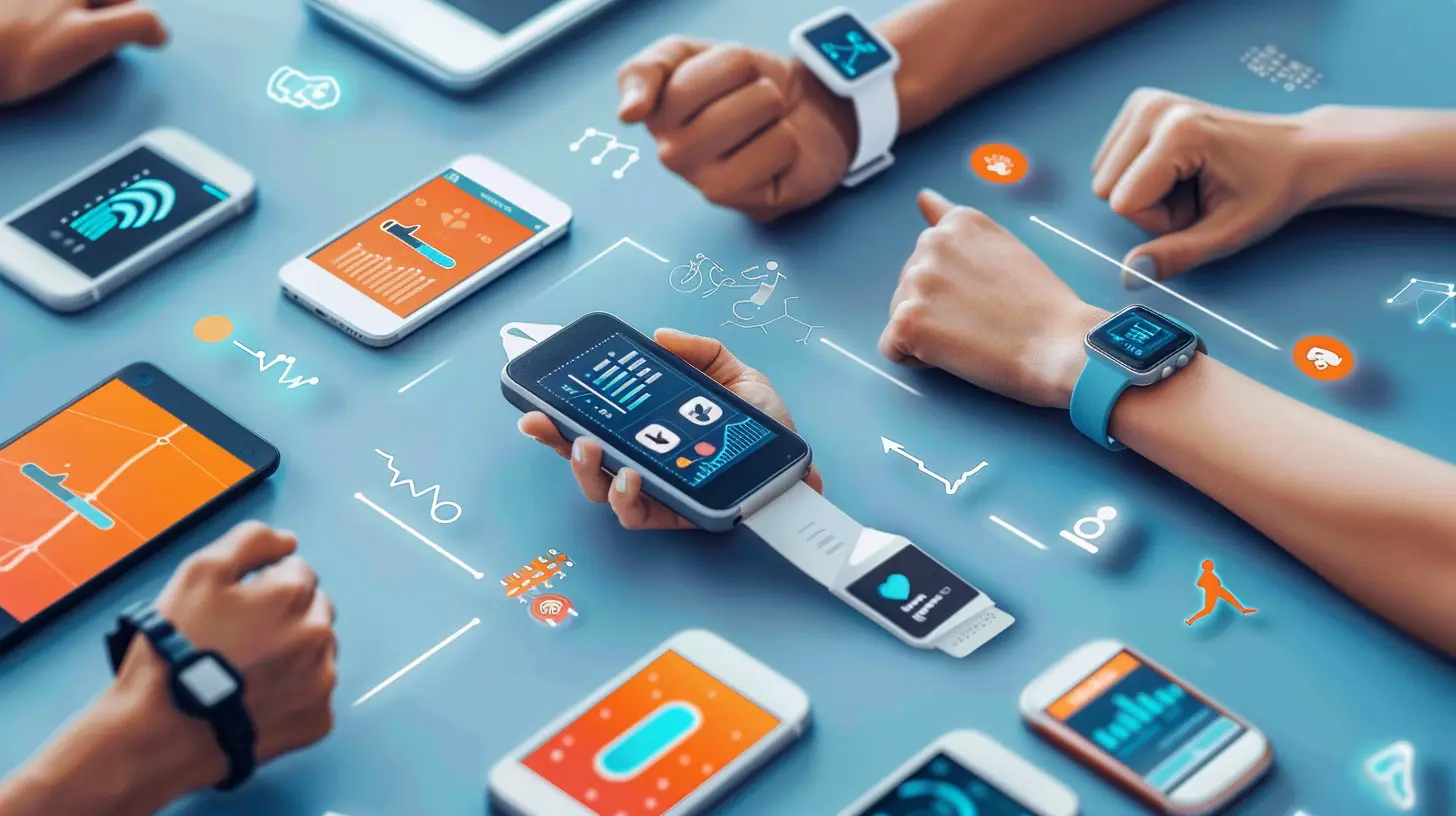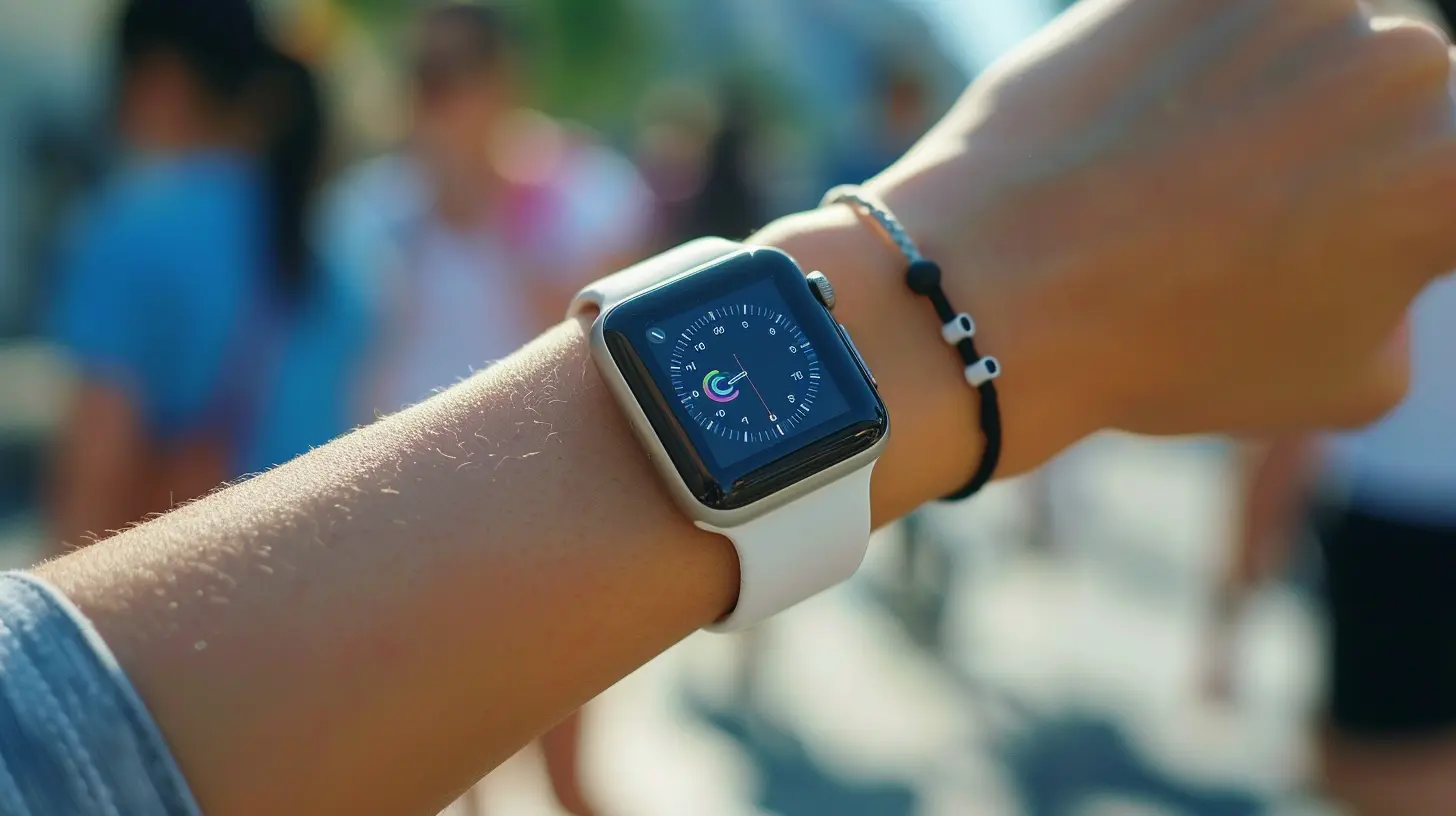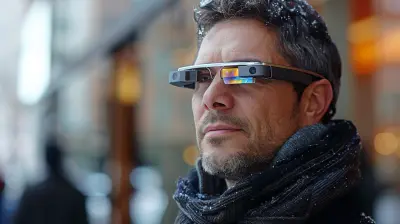The Role of Wearable Tech in Personalized Fitness Coaching
2 June 2025
Wearable technology has taken the fitness world by storm, transforming how we track progress, stay motivated, and achieve our health goals. Gone are the days when a basic pedometer or a stopwatch was the peak of fitness tracking. Today, smartwatches, fitness bands, and even AI-powered smart rings are revolutionizing personalized fitness coaching.
But how exactly does wearable tech contribute to personalized fitness? And is it really the game-changer that fitness enthusiasts and trainers claim? Let’s dive in.

The Rise of Wearable Fitness Technology
A few years ago, tracking your fitness meant jotting down workout details in a notebook or simply estimating your progress. Fast forward to today, and technology has turned that process into an automated, data-driven science.Wearable fitness tech, like Apple Watch, Fitbit, Garmin, and WHOOP, offers real-time insights that help users fine-tune their workouts. These devices don’t just count your steps—they monitor heart rate, analyze sleep patterns, track calories burned, and even measure blood oxygen levels. Personalized fitness coaching has never been more advanced.

How Wearable Tech Personalizes Fitness Coaching
The key to any successful fitness journey is personalization. What works for one person might not work for another, which is where wearable technology steps in. Here are some ways these smart gadgets provide customized coaching:1. Tracking Real-Time Metrics to Optimize Workouts
Imagine having a personal trainer on your wrist, constantly monitoring your performance and adjusting recommendations accordingly. That’s what wearables do.- Heart rate tracking ensures you're working out at the right intensity.
- VO2 max estimates give insights into endurance levels.
- GPS tracking helps runners and cyclists analyze their performance over time.
- Caloric burn estimates help fine-tune diet and exercise plans.
Rather than guessing how hard you’re pushing yourself, these gadgets provide data-backed insights to optimize every session.
2. AI-Powered Coaching and Workout Recommendations
AI and machine learning are now integrated into many fitness wearables, making them smarter than ever. Devices like WHOOP and Fitbit Sense analyze your health data and suggest customized workout plans based on your recovery, stress levels, and sleep quality.Some even come with adaptive training programs that adjust your workout plan in real time. Feeling fatigued? Your wearable might suggest a low-intensity recovery session rather than an intense HIIT workout. This level of personalization ensures you’re not overtraining or undertraining.
3. Motivation and Habit Formation
Let’s be honest—staying motivated can be tough. Ever started a workout plan only to fall off after a week? Wearable technology helps prevent that by using gamification, social challenges, and reminders.- Daily goals and streaks keep you accountable.
- Friendly competitions with friends push you to move more.
- Smart notifications remind you to stand up and get moving.
These small yet effective features make it easier to stay committed to your fitness journey.
4. Sleep Tracking for Better Recovery
Fitness isn't just about working out; recovery plays an equally important role. Poor sleep can sabotage progress, affecting muscle recovery and energy levels.Many wearable devices track sleep metrics such as:
- Total sleep duration
- Sleep stages (deep, REM, light sleep)
- HRV (heart rate variability) to assess recovery
With insights from these metrics, users can adjust bedtime routines, improve sleep quality, and recover better—ultimately enhancing overall fitness performance.
5. Personalized Nutrition and Hydration Insights
Wearable tech isn’t just about workouts; it also helps users track hydration and nutrition. Some devices provide reminders to drink water based on activity levels and weather conditions. Others integrate with apps like MyFitnessPal to ensure proper calorie intake and macronutrient balance.Even blood glucose monitors are merging with wearables, allowing fitness enthusiasts to track how food impacts performance—an invaluable tool for those managing weight loss or diabetes.
6. Stress and Recovery Management
A high-stress lifestyle can disrupt fitness progress, and wearables have taken note. Devices like the Garmin Venu 2 and Fitbit Sense monitor stress levels using HRV data and suggest breathing exercises or mindfulness techniques to help users manage stress effectively.By tracking stress and recovery, wearables ensure that users aren’t just improving physically but also maintaining mental well-being—a crucial element in sustainable fitness coaching.

The Future of Wearable Fitness Coaching
The future of fitness wearables is nothing short of exciting. Here’s what we can expect in the coming years:- More advanced AI-driven coaching that adapts to personal habits.
- Improved biometric tracking, including blood glucose and hydration monitoring.
- Seamless integration with virtual personal trainers using AR and VR.
- Smart clothing with built-in sensors to provide even more accurate data.
As technology continues to evolve, personalized fitness coaching will become even more precise, efficient, and accessible.

Are Wearables Worth the Investment?
That depends on your goals. If you’re looking for motivation, real-time data insights, and a coach that never leaves your side, a wearable fitness tracker is definitely a worthwhile investment.However, like any tool, its effectiveness depends on how you use it. A smartwatch won’t magically make you fit, but it will provide the data and guidance needed to train smarter.
So, are you ready to let technology take your fitness journey to the next level? With wearable tech, personalized fitness coaching is more accessible than ever, bringing expert-level training right to your wrist.
all images in this post were generated using AI tools
Category:
Wearable TechAuthor:

John Peterson
Discussion
rate this article
3 comments
Vanessa Cole
Wearable tech revolutionizes fitness coaching, delivering personalized insights for everyone.
June 16, 2025 at 4:38 AM

John Peterson
Absolutely! Wearable tech is transforming fitness coaching by providing tailored insights that empower users to reach their personal fitness goals more effectively.
Veda Reilly
Forget personal trainers—my smartwatch just told me to take a break from my break! With wearable tech as my fitness coach, I'm either about to achieve peak performance or become the world's fittest couch potato. Let’s find out!
June 7, 2025 at 3:14 AM

John Peterson
Wearable tech has certainly transformed fitness coaching by providing real-time insights and motivation, but remember, balance is key! Keep pushing, but don’t forget to enjoy the journey.
Zailyn Becker
This article raises intriguing questions about the evolution of fitness coaching! I'm curious how wearable tech can tailor training regimens to individual needs and goals. What specific metrics do these devices track to personalize recommendations? I'm excited to see how this technology will reshape our fitness journeys!
June 6, 2025 at 11:06 AM

John Peterson
Thank you for your interest! Wearable tech tracks metrics like heart rate, sleep patterns, activity levels, and calories burned to tailor training regimens. This data helps create personalized recommendations to optimize your fitness journey effectively!



